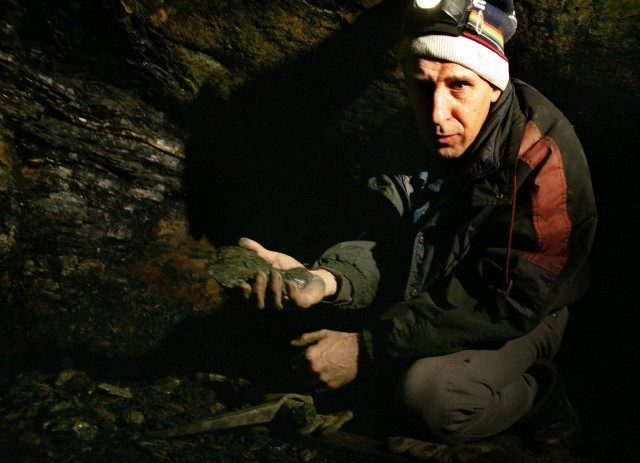Poland’s bold new right-wing government looks set to be an assertive player on the European stage and is already limbering up for tussles on migrant quotas and relations with Russia. But a leading member of the victorious Law and Justice party, which took control in last Sunday’s election, has indicated that his party will most likely pick their first fight over climate change targets.
Konrad Szymanski, who, according to Bloomberg is the likeliest contender to be named Poland’s new minister for EU Affairs, has told the media that Poland will be demanding concessions from the EU over climate change targets. And if it doesn’t get them, the country will threaten to withdraw from the pact entirely.
“I thought that migration is the most difficult issue in Europe but now it looks like it’s going to be climate policies,” Szymanski said in Warsaw two days before Sunday’s election. “With regard to migration, Europe is moving toward pragmatism. In climate, I can’t see an acceptable solution at this moment.”
Last October, EU leaders voted unanimously to back a new climate and energy pact which commits the member states to reducing greenhouse gas emissions by 40 per cent compared to 1990 levels, by 2030. The pact was quickly turned into law by the commission, with a focus on CO2. Next year the EU bodies plan to go further by turning their attention to legislation designed to tackle emissions other than CO2.
However, as the continent’s largest producer of coal, Poland will now look to row back on that agreement. According to Szymanski, the legislation represents too great a burden and should never have been signed by the previous government.
Of particular concern to him are rules on carbon efficiency standards and a proposal to involve the European Investment Bank in selecting projects eligible for state aid.
“Even if those were amended, we still have a strategic problem because even with all the things in the box we are not in a position to compensate the Polish energy sector and industry for the losses they will have to bear,” Szymanski said. “The opt-out scenario on the table shows the level of the difficulty to find a solution.”
Symanski agreed that there is potential within Poland to reduce emissions by modernizing its coal-based plants, but argued that the country needed a longer time frame in which to do so. “Europe has to consider various ways of lowering pollution,” he said. “It seems to me that some industries abuse EU climate policies to strengthen their market position.”
The Eurosceptic Law and Justice party won a convincing mandate from the Polish people on Sunday, with 37.6 per cent of the vote which translated into 235 seats – enough to allow them to govern as a single party. Its rival, the staunchly pro-EU Civic Platform party suffered a 15 per cent swing away, dropping the party down to 24.1 per cent and knocking it out of power.
A new nationalist party led by right wing, anti-establishment rock star Pawel Kukiz came from nowhere to win 42 seats in the parliament, while Modern Poland, a new pro-business party led by an economist picked up 28 seats.
However, for the first time in Poland’s post-Communist history, no left wing party won enough votes to secure seats in the parliament.

COMMENTS
Please let us know if you're having issues with commenting.